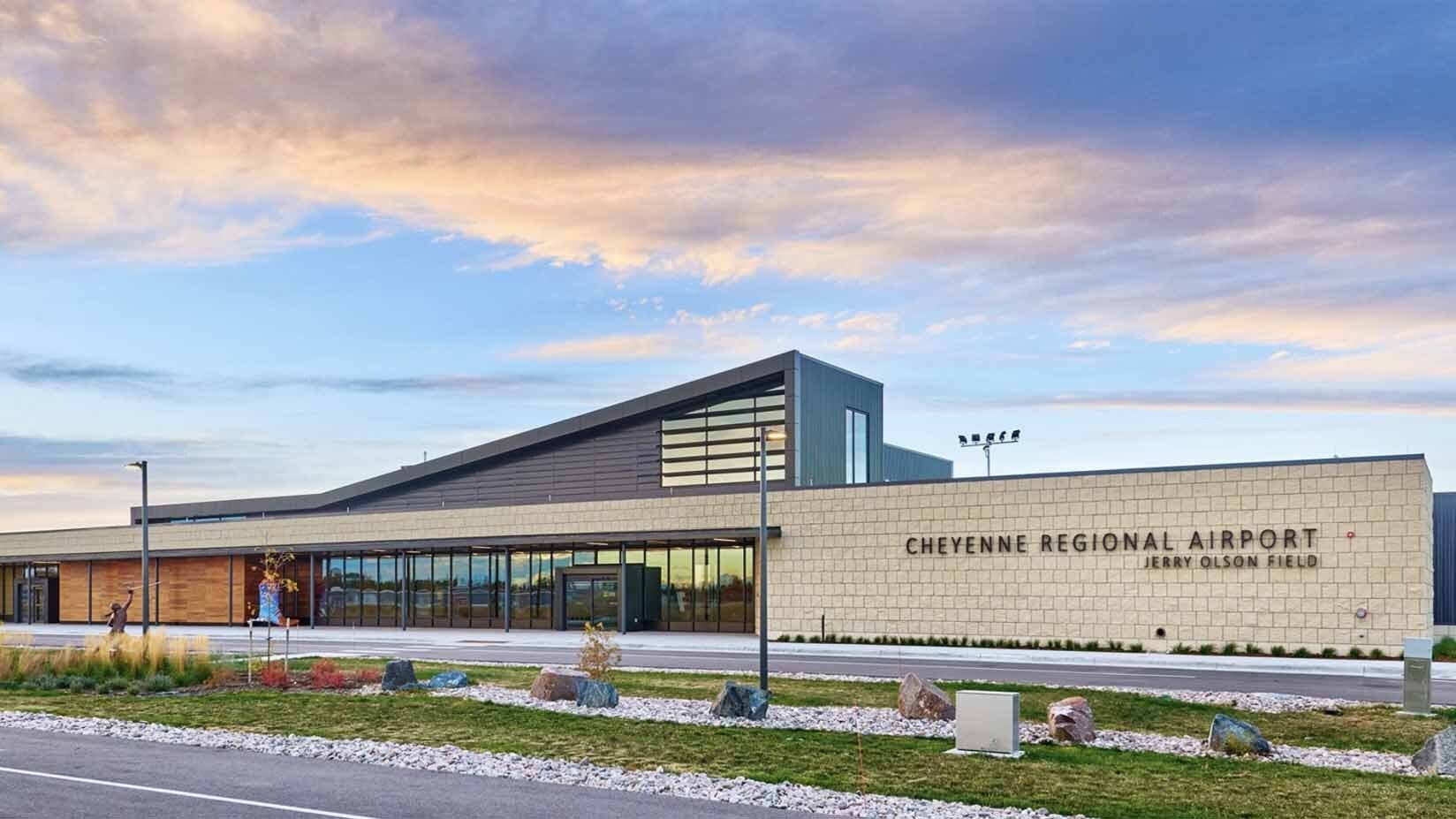Cheyenne Regional Airport’s aviation director has one piece of advice for anyone traveling this holiday season: be patient.
“The holiday travel this year, whether you’re in Wyoming or anywhere else in the nation, is going to be very difficult if you are using air travel,” Tim Barth told Cowboy State Daily on Thursday. “We still have over 50% of the United States’ commercial airline fleet mothballed in the desert because there hasn’t been that much demand due to COVID.”
However, demand for travel on the upswing now that COVID vaccinations and boosters are readily available. People are hoping to travel to see friends and loved ones they might not have visited last year when the pandemic was at its heights.
According to NPR, as of Nov. 7, bookings for Thanksgiving week flights are up 78% over last year, and they’re even slightly ahead of 2019, up 3.2% from pre-pandemic levels.
Cheyenne is actually seeing more people coming into the airport on the two days before Thanksgiving, 41 on each inbound flight, compared to the 35 or so leaving on the two outbound flights.
Barth said although more and more people are buying airline tickets, the shortage of aircraft means that any small delay or repair can completely devastate the chain of flights behind it.
“Look at a major city like New York or Chicago and you get a winter storm? You’ve wiped everything off the board,” Barth said.
He warned people flying out of any airport in the nation, including Cheyenne, to be prepared for possible delays or cancellations of flights.
The Cheyenne airport has been no stranger to cancellations, with eight of the airport’s 16 scheduled flights being canceled since air service restarted earlier this month, Barth said.
Commercial air service to Cheyenne resumed Nov. 1 after the airport was closed for more than six months for a runway construction project.
To keep up-to-date on delays and cancellations, Barth recommended that flyers check with their airline rather than the airport.
He also asked that people not take out their travel-related frustrations on the flight staff.
NPR also reported that the Federal Aviation Administration has now received more than 5,100 reports of unruly passenger incidents since January and agency data show that almost three in four incidents involve passengers refusing to wear masks.
Barth noted that people were likely better off flying out of a smaller airport, like Cheyenne, than out of a major airport such as Denver International.
“We’re still going to get people there,” he said. “It’s just going to be a little more frustrating than normal.”





